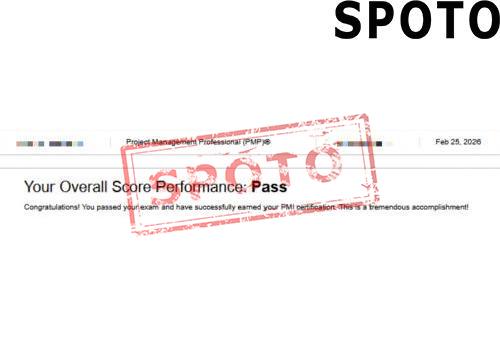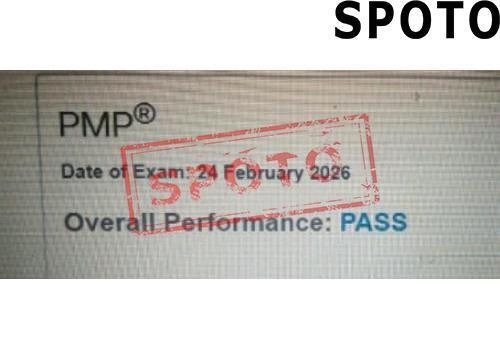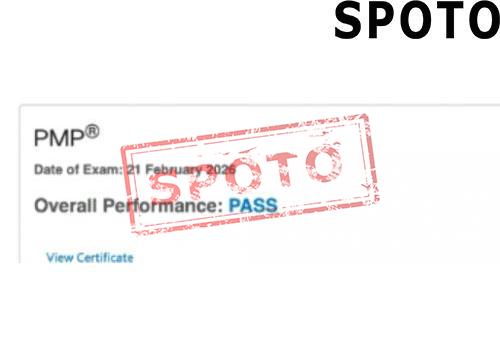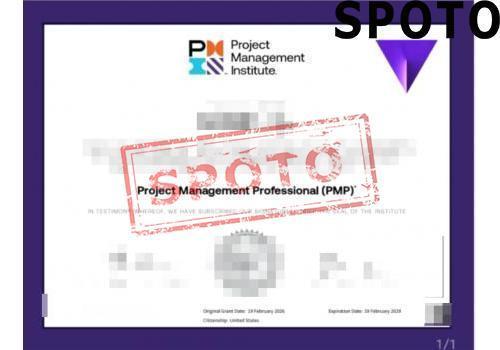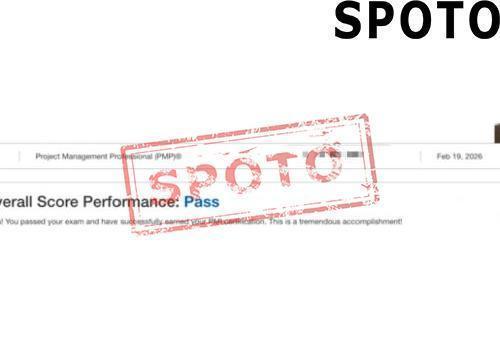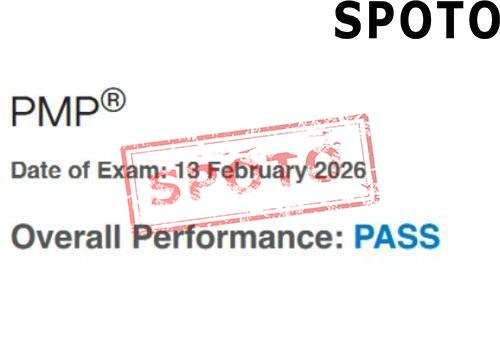
Table of Contents
I. Assessing Your Value
Embarking on the journey to secure a salary adjustment necessitates a deep dive into your professional worth within the current marketplace. This phase involves a meticulous evaluation of your skills, experience, and the unique value you bring to your role. It's imperative to engage in introspection, aligning your self-assessment with the evolving standards of your industry.
To effectively quantify your contributions and milestones at the workplace, start by compiling a comprehensive list of your achievements, underscored by data and specific outcomes. Consider projects where your involvement directly influenced positive change, whether through enhancing efficiency, driving revenue growth, or spearheading innovative solutions. It's crucial to articulate these accomplishments in measurable terms, such as percentages of growth, revenue figures, or productivity benchmarks, to construct a compelling case for your salary negotiation.
- Engage in comparative analysis to discern how your contributions stand in relation to industry norms and peers.
- Document significant accolades or recognitions received, underscoring your distinct position and value in the company.
- Review feedback from peers and supervisors to fortify your understanding of the impact you've had within the organization.
By grounding your self-evaluation in tangible metrics and aligning your achievements with the company's strategic objectives, you prepare a solid foundation for the negotiation discourse. This preparation not only highlights your indispensable role but also showcases your proactive stance in driving the company's success forward.
II. Researching Salary Benchmarks
Before stepping into the realm of salary negotiation, arming yourself with comprehensive market data is pivotal. In this digital age, a plethora of online platforms and analytical tools stand ready to serve your needs, offering detailed salary insights across various industries. Leveraging these resources, you can unearth the average compensation for your role, adjusted for factors such as geographic location, experience level, and education.
However, gathering data is but one side of the coin. The essence of your preparation lies in a meticulous comparison between your unique skill set, professional accomplishments, and the prevailing industry benchmarks. This comparison is not merely about numbers; it's an in-depth analysis aimed at positioning your contribution in a way that highlights your distinctive value. Reflect on your projects, leadership roles, and any accolades received, and measure them against the industry norms. Are your technical skills up-to-date with the latest industry trends? How do your problem-solving capabilities stand in comparison to peers? By addressing these questions, you not only prepare yourself for a more informed discussion but also craft a compelling narrative of your worth that is rooted in tangible data.
- Utilize platforms like LinkedIn Salary, PayScale, and Glassdoor to gather intelligence on current salary trends.
- Conduct a gap analysis to identify where your skills and experiences surpass, meet, or fall short of market standards.
- Consider seeking out mentorship or professional networks within your industry to validate your findings and gain insider perspectives.
Embrace this research phase as an opportunity to gauge the market's pulse, ensuring your request for a raise is not just about personal growth but also about aligning your compensation with the market reality. This strategic approach underpins your negotiation, setting a foundation that is both robust and data-driven.
Ⅲ. Building Your Case
In the intricate dance of salary negotiation, the construction of a compelling narrative around your professional journey stands paramount. Embarking on this phase necessitates a meticulous audit of your contributions, weaving them into a coherent story that underscores your indelible impact on the organization.
Creating a List of Your Accomplishments and Contributions
Initiate by chronicling your triumphs and the unique skills you've brought to the table. This isn't merely a recitation of tasks completed but an introspective look at how each endeavor has propelled the company forward. Consider the metrics of success in your role, whether it's enhanced efficiency, cost reduction, revenue growth, or elevated team morale, and quantify these achievements in tangible terms.
Highlighting Specific Examples of How You Have Added Value to the Company
Dive deeper by selecting pivotal moments that epitomize your value addition. Did you lead a project that surpassed its goals? Perhaps you introduced an innovation that streamlined operations or championed a culture shift that boosted productivity. Narrate these instances with vivid detail, framing them within the broader context of the company's objectives and challenges. This approach not only showcases your capabilities but also demonstrates your alignment with the organization's vision and your indispensable role in its ecosystem.
In crafting your case, complexity and nuance are your allies. By intertwining your achievements with the company's trajectory, you create a persuasive argument for your salary raise, one that is anchored in the tangible benefits you've provided and the potential you hold for future contributions.
Ⅳ. Practicing Your Pitch
Mastering your negotiation strategy is crucial. It's not just about stating your case, but how you present it that matters. Confidence and clarity are your best tools. Think of it as a performance where every word counts.
- Developing and rehearsing your negotiation strategy: Craft a compelling narrative that showcases your worth. Practice it until it feels natural, ensuring you can deliver it with confidence and poise.
- Anticipating and preparing for potential objections: Be ready for any counterarguments. Think through possible objections and prepare thoughtful responses. This preparation shows that you're not just asking for more, but that you've considered the bigger picture.
V. Setting the Stage for a Successful Negotiation
Initiating a salary negotiation requires not only keen timing but also a strategic approach to ensure success. Begin by evaluating the most opportune moment for this request, considering both the company's financial cycle and your recent accomplishments.
Timing Your Request for a Raise
- Assess the company's fiscal health and your performance metrics to pinpoint an ideal time for your salary negotiation.
- Align your request with significant career milestones or after successful project completions to strengthen your case.
Choosing the Right Setting and Approach
- Select a professional setting for this discussion, ensuring privacy and minimal distractions.
- Adopt a confident yet respectful tone, emphasizing your contributions and future potential.
By carefully planning the timing and setting of your salary negotiation, you increase the likelihood of a favorable outcome. Remember, a well-timed and well-executed discussion can be just as important as the content of your negotiation itself.
Ⅵ. Navigating the Negotiation
At this point of the negotiation process for a salary raise, it's essential to remember to keep a professional and respectful demeanor. Having made your structured and well-prepared arguments about your unique value to the company, it's time to address possible objections and counteroffers that are usually part of these discussions.
Handling Objections and Counteroffers
Upon presenting your case, you can expect various responses, including objections and counteroffers. However, how you respond to these can notably influence the outcome of the negotiation. A crucial approach is to keep your emotions in check and respond thoughtfully.
If you are faced with a counteroffer that falls short of your expectations, take a step back and ask for some time to reflect on it. This gives you time to assess it properly, compare it with your research, and develop a reasonable response. Remember, it's not necessary to accept or reject it instantly. Maintaining your cool under these circumstances signifies your financial intelligence and displays your patience and understanding.
Maintaining a Professional and Respectful Tone
Salary negotiations can potentially get intense. Therefore, it's important to sustain a professional and respectful tone throughout the process. This is not only about bagging a salary raise, but also about preserving the relationship with your employer or your superior. Avoid appearing desperate or demanding; instead, convey your request in a deserved and reasonable manner.
Adopt a conversational tone, actively listen, and stay empathetic to the other party's point of view. Even if you disagree with their counterpoints, you should handle it gracefully and maintain the politeness. Professionalism entails sticking to the facts and arguing based on your merits, not on emotions or comparisons with others.
By preserving a professional and respectful demeanor, you not only increase the odds of a successful negotiation but also lay the groundwork for future discussions of this nature.
Ⅶ. Securing Your Raise
Navigating to the pinnacle of your salary negotiation journey demands a strategic finale. This stage is not merely about acknowledgment; it's about cementing the fruits of your dialogue into tangible rewards. As you edge closer to this goal, your focus should pivot to the formalities that will seal the deal.
Finalizing the Terms of the Salary Increase
Upon reaching a mutual agreement, it's imperative to transition from verbal assurances to documented confirmation. Request a revised offer letter or an updated contract reflecting the new salary figure. This step is crucial, as it transforms your negotiation success into a legally binding commitment. Ensuring clarity on the effective date of the raise and any retroactive pay, if discussed, is also essential. This documentation serves as a testament to your accomplishment and a reference point for future evaluations.
Negotiating Additional Benefits or Perks, if Applicable
While the salary increment is paramount, the negotiation table also offers a venue to discuss enhancements to your overall compensation package. Benefits such as flexible working hours, remote work opportunities, additional vacation days, or even professional development allowances can significantly enrich your employment terms. Articulate how these perks align with your career aspirations and lifestyle, presenting a well-rounded argument for their inclusion. Remember, each benefit negotiated is a step towards a more fulfilling work environment.
In conclusion, securing your raise is a multifaceted process that extends beyond monetary gains. It encompasses a thorough documentation process and a broad consideration of benefits that contribute to your professional growth and personal satisfaction. This final leap is a testament to your negotiation acumen, marking a significant milestone in your career trajectory.
